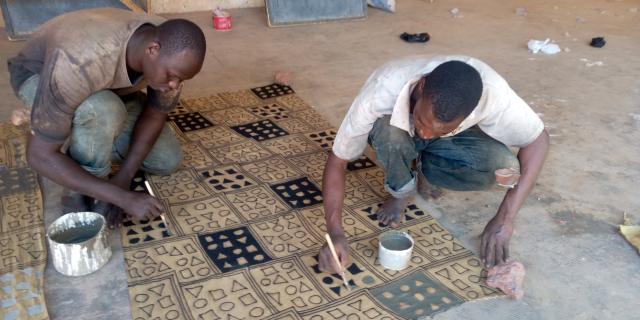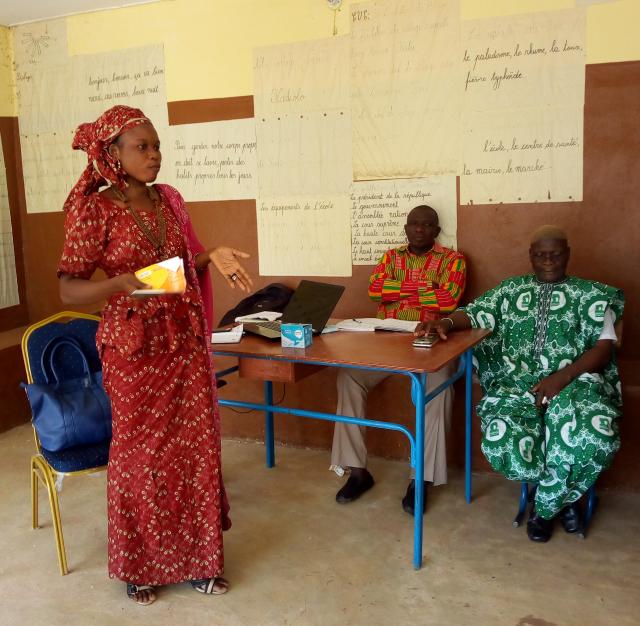In Mali, LuxDev takes a holistic approach to tackling challenges related to training, employment, and agricultural production.
LuxDev in Mali
Luxembourg’s cooperation with Mali began in 1998 with the signing of the first general cooperation agreement. Since then, several Indicative Cooperation Programmes have been implemented to support the country’s development.
LuxDev operates primarily in the regions of Kayes, Koulikoro, Sikasso, and Bamako. Current programmes are aligned with national strategies and aim to promote sustainable and inclusive development. LuxDev has always worked in close collaboration with national partners to strengthen their skills and autonomy.
In Mali, LuxDev focuses on vocational training and job integration, rural development, and governance as a cross-cutting theme. The programmes mainly target improvements in agricultural production and food security.
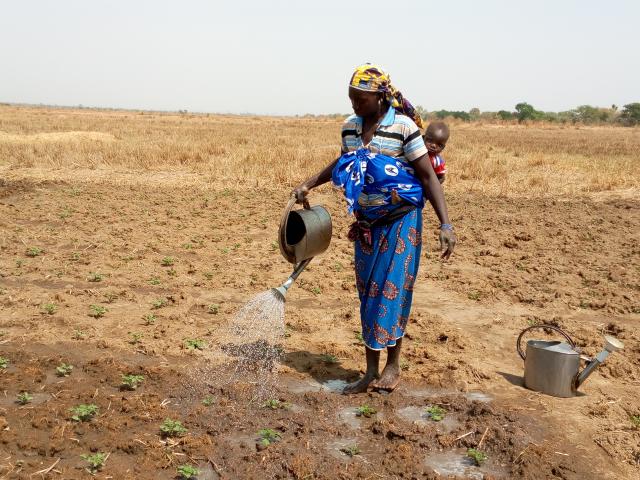
Challenges in Mali
Mali faces significant development challenges, exacerbated by political instability and economic pressures. Armed conflicts and terrorist attacks in the north and centre of the country complicate the implementation of development projects. Economically, Mali must manage rising public debt and limited resources, while also promoting good governance.
Climate change is further worsening conditions, particularly in agriculture and livestock farming – the country’s main economic sectors. Recurring droughts and floods threaten food security, and rural farmers struggle to access markets and sell their produce at competitive prices due to increased food imports.
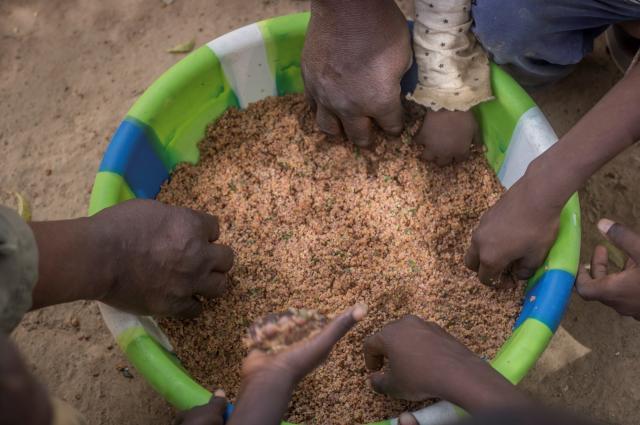
Moreover, many young people, particularly in rural areas, lack access to quality vocational training that aligns with labour market needs. The limited collaboration between training institutions and the private sector reduces internship and employment opportunities.
Addressing these challenges requires concerted efforts with public and local authorities to improve access to training, align education with labour market demands, facilitate financing for entrepreneurs, and adapt agricultural practices to ensure long-term food security and socio-economic development.
Gallery viewer
Our activities in Mali
The programmes we implemented in Mali tackle these challenges through several strategic initiatives.
To ensure that training content aligns with current labour market needs, we support public agencies responsible for vocational training. We promote partnerships between training institutions and the private sector, creating internship and employment opportunities for young graduates.
Additionally, we collaborate with local financial institutions to improve access to credit and funding for young entrepreneurs and women, establishing tailored financing mechanisms. We also train personnel in business support structures, enabling them to provide mentorship and business management training for aspiring entrepreneurs.
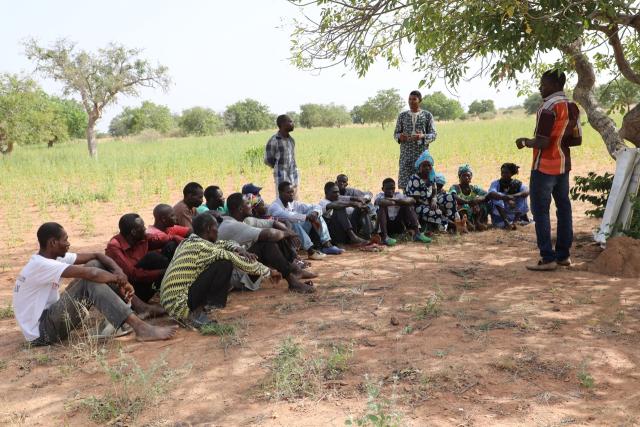
In the agricultural sector, we promotes the introduction of climate-resilient techniques. The goal is to enhance agricultural productivity while focusing on product transformation and market access.
These initiatives reflect LuxDev’s holistic approach to addressing challenges in vocational training, job integration, entrepreneurship, and rural development, ultimately contributing to sustainable and inclusive development in Mali.
Gallery viewer
Key figures in Mali
-
EUR 6,909,838
disbursed in Mali in 2025



